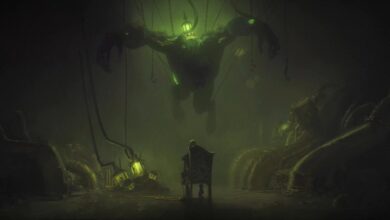1899 Netflix: Reasons and Problems of A Cancellation
2023 began with yet another nasty surprise for Netflix users: the platform decided not to continue with the two additional seasons that were planned for the 1899 series. The creators themselves, Baran Bo Odar and his partner Jantje Friese gave the news of the cancellation of the series through his Instagram account: “We are sorry to inform you that 1899 will not be renewed. We would have loved to end this journey with a second and third season, as we did with Dark. But sometimes things don’t go according to plan. That’s life. We know this will disappoint millions of fans. But we want to thank you wholeheartedly for being part of this adventure. We love you. Never forget that”.
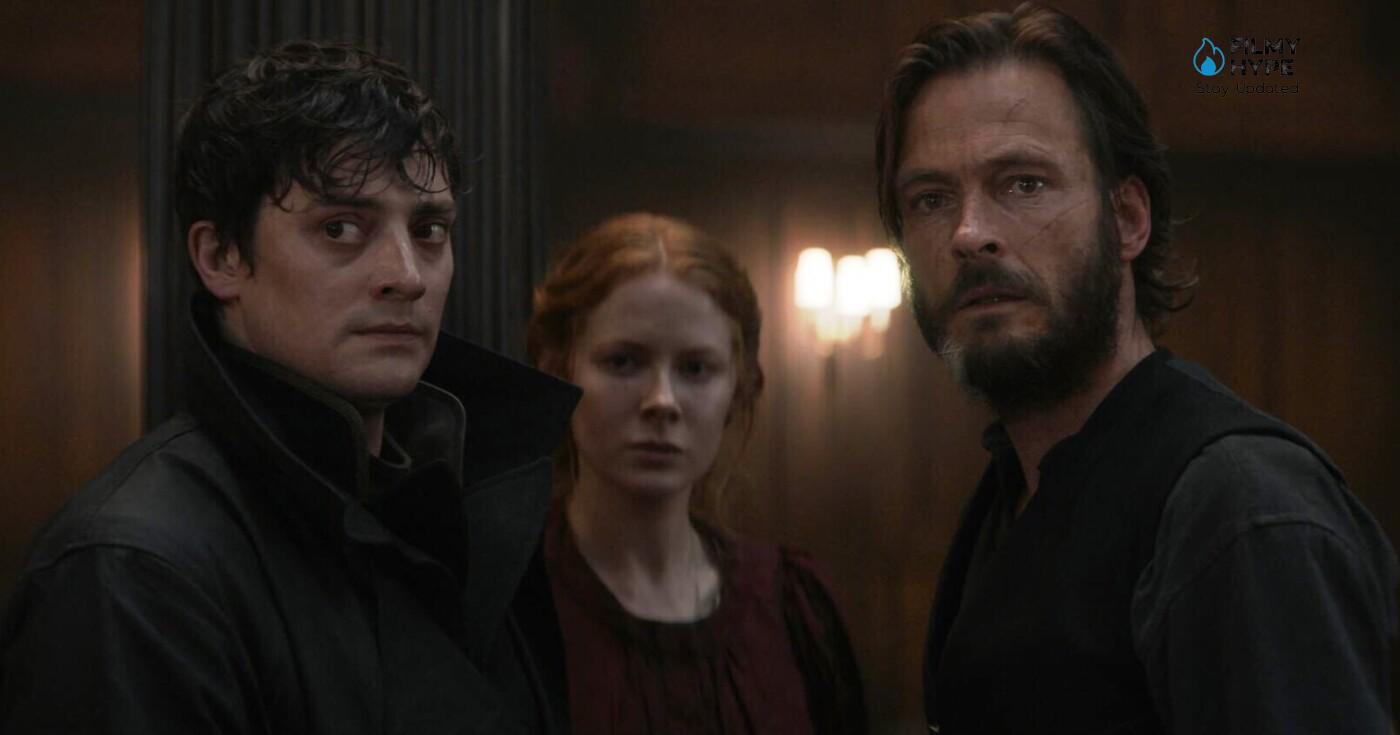
Is the Second (collaboration) Good?
Baran Bo Odar and Jantje Friese have started collaborating with Netflix with Dark, the platform’s first German-language Original. A genre exercise full of mysteries and twists, with a plot that is not very easy to follow through various journeys through time and a non-linear narration (among insiders it was necessary to be ironic about the fact that the list of topics not to be spoiled in the reviews, sent by the press office, were even more incomprehensible than the series itself). A project divided into three seasons, an artistic choice dictated by the convention of the structure in three acts for cinema, the environment from which the two creators come. The same thing was expected for 1899, a title so anticipated that the first two episodes were previewed at the prestigious Toronto International Film Festival, which for some years has had a special Primetime section for serial productions. But evidently, the new series has not given the desired results, as far as the expectations of the platform are concerned.
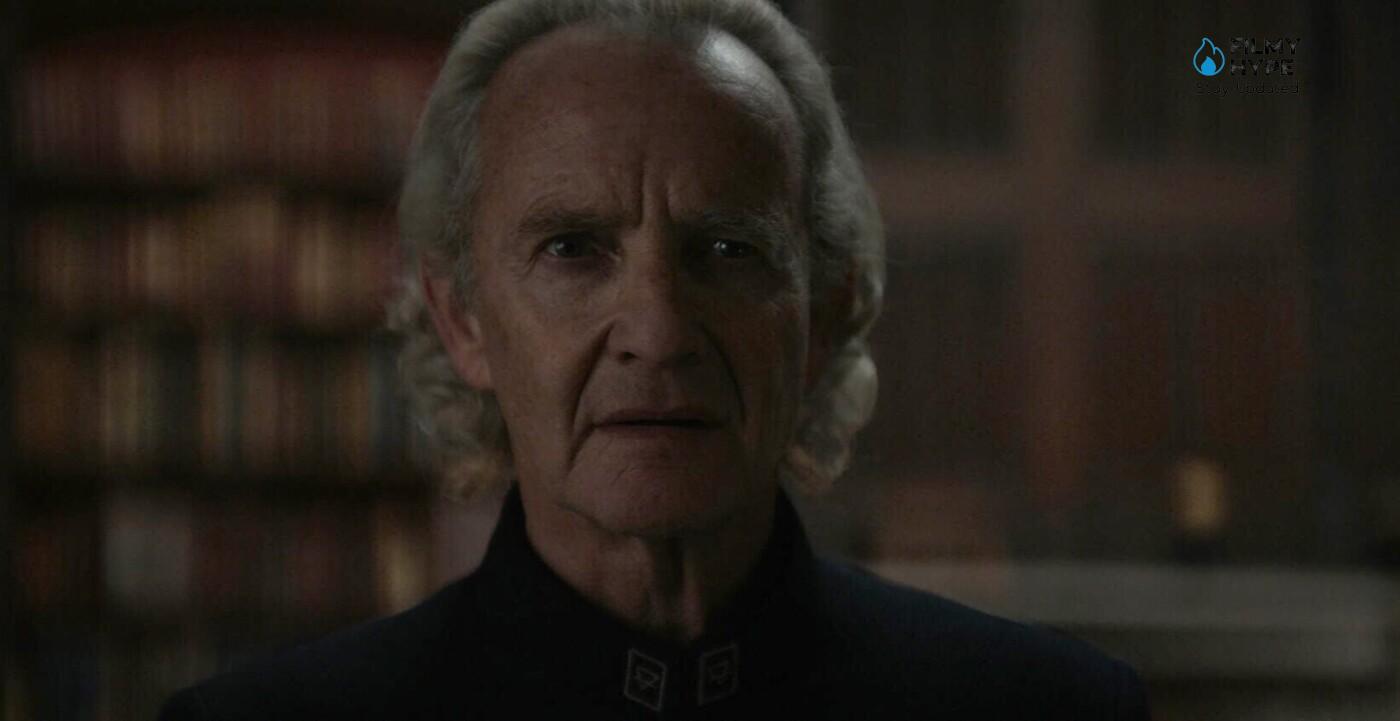
The Algorithm That Does Not Forgive
In its first few weeks of availability, 1899 remained firmly in the Top 10 most-watched titles, usually on the podium alongside Wednesday and The Crown, both globally and individually in 90 countries (i.e. just under half of the total territories in which it is available). the platform). It is the only concrete data on which we can rely, given that Netflix by company policy never communicates exactly how many people have seen a given title. Supposedly, based on the company’s internal data and famous algorithm, the show hasn’t garnered as much attention as Dark and considering that Netflix continues to spend far too much on original productions, it was perhaps inevitable that one of these, in order to save money, would find itself sacrificed despite the general appreciation. And it’s not the first time this has happened, as anyone who passionately followed titles like Sense8, or The Chilling Adventures of Sabrina knows. But is it a strategy that can solve platform problems?
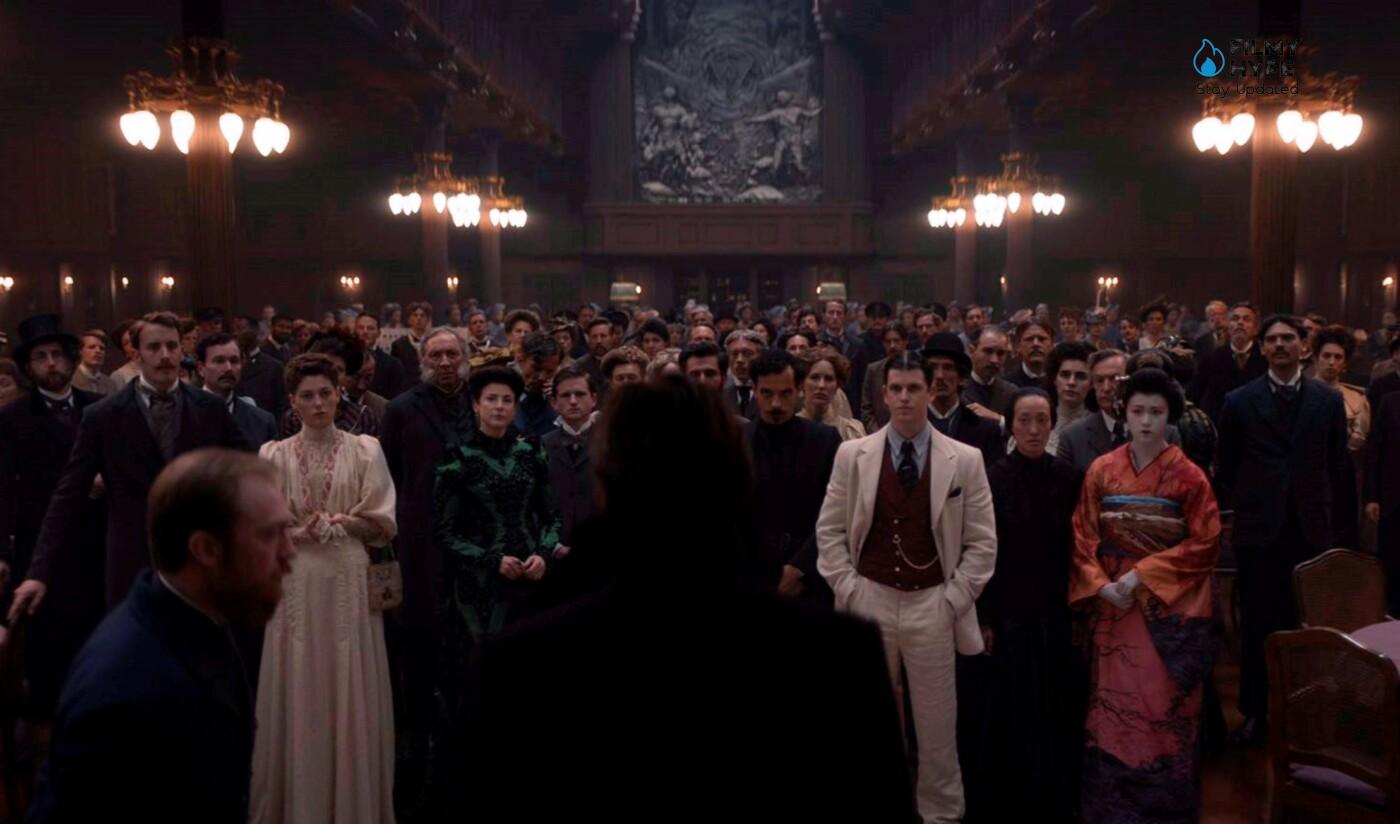
Why The “Decline”?
Assuming it is true that the series was less followed than its predecessor, at least based on Netflix data which in theory also takes into account how much the individual user has watched until the end (preferably in one or almost one time), what is due? Could it be the fault of the series itself? Net of the general appreciation, verifiable through its positioning in the Top 10 already mentioned, it is not excluded – indeed, it was possible to read comments to this effect on social networks – that the fans of Dark, approaching the new effort of its creators, were not completely satisfied with a mystery that stood out above all for its mammoth aesthetic qualities (for filming a special studio was built in Berlin that uses technologies similar to those of The Mandalorian, with virtual backgrounds). It is also possible that the more “international” quality of the show, after the more strictly German component of the previous series, has discouraged some, as it tends to indicate a desire to reach a wider catchment area, perhaps sacrificing the particularities of the poetics of the authors.
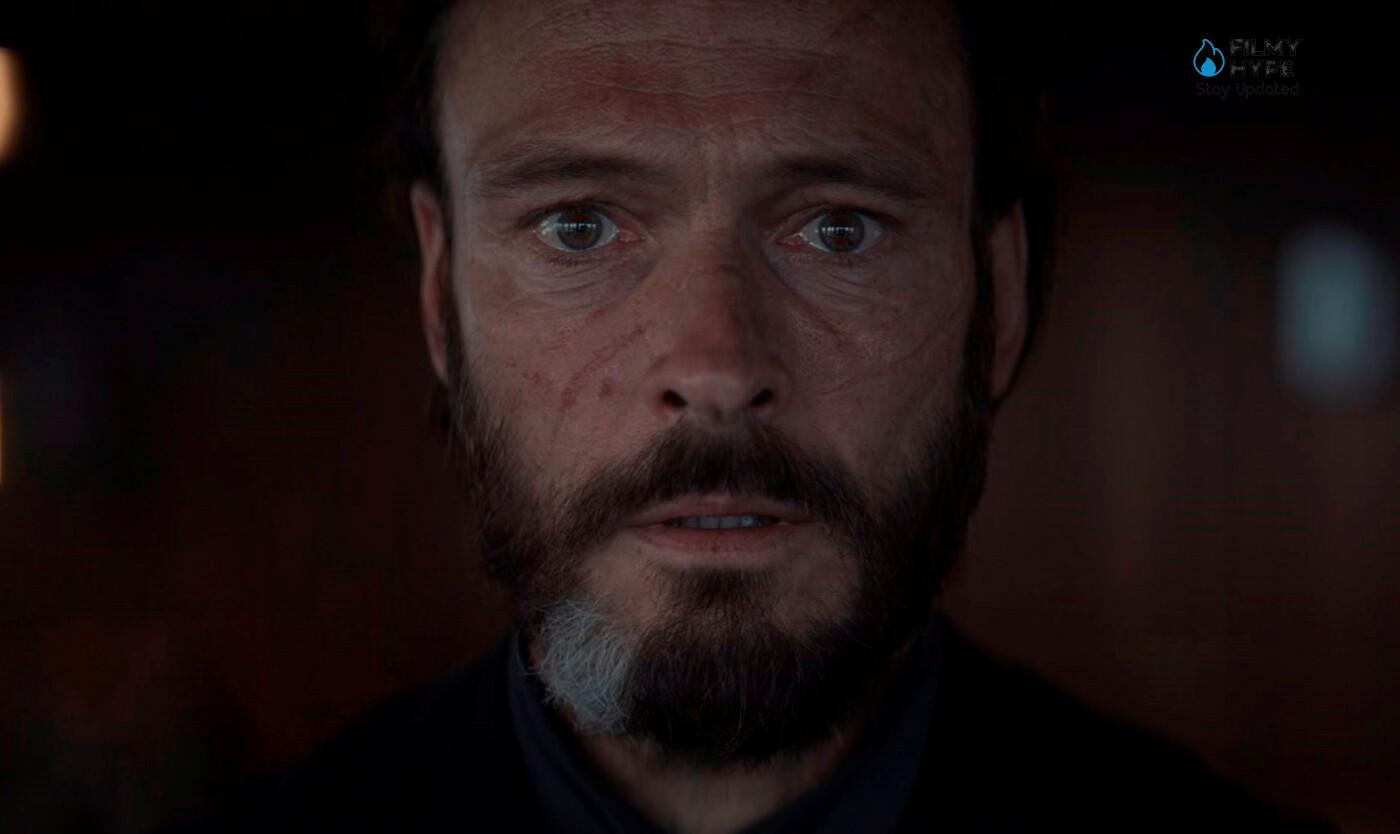
New Habits
It is equally possible, however, that another element has changed: how we look at these series. If until 2019 binge-watching was the default, with rare exceptions related to series for which Netflix or Prime only had international rights and therefore followed the lineup of linear airing in the USA, this has not been the case for about three years, thanks to other platforms that have made the weekly formula normal again, a formula that only Netflix persists in not wanting to try for its Originals. There is no longer the desire to see everything at once in the release weekend, except for strong titles that have already been tested and/or for the fear of running into spoilers (but the second factor, in this case, shouldn’t matter, given that it is not easy to summarize the twists and turns of the series in two lines Odar-Friese duo).
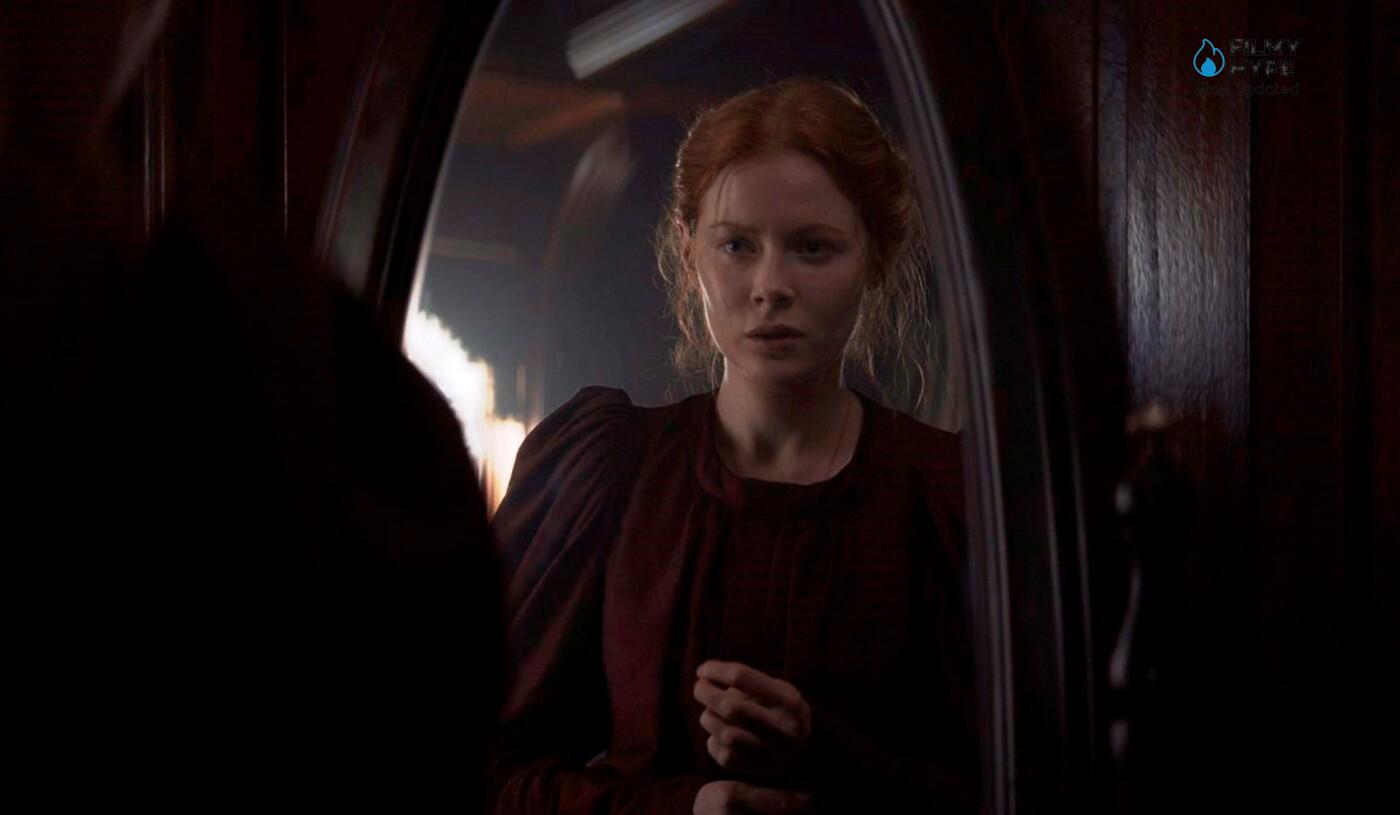
It is normal now that people take their time, especially if, as often happens on Netflix, the series is not one that has been pumped out of proportion in marketing as one of the few truly unmissable events on the platform. And it is a system that, as the Californian company thinks, is highlighting the cracks in the wall of infallibility that the streaming giant had built around itself since 2013.
Netflix Has 1899 Problems
For just over half a decade, Netflix dominated the paid streaming market virtually unchallenged, spending a fortune knowing that new subscribers would pay off. Now that is no longer the case: net of the increase in users in the first months of the pandemic, the competition – Disney+, Apple TV+, Amazon Prime Video, Paramount+, and so on and so forth depending on the individual country – is fierce, and has an advantage that Netflix does not have, which is to be part of companies that have other revenues than subscriptions. The old strategies need to be reviewed because the reputation of the service is rapidly declining, between cancellations deemed meaningless and other decisions such as the one, announced a few months ago as a concrete measure after years of rumors, to prevent people from sharing the account with those who don’t actually live under the same roof.
First of all, two things should be changed: the company’s marketing must give the right visibility to all titles, not just those half-dozen releases capable of transcending the pitfalls of the algorithm that manages to bury real jewels almost weekly; and perhaps it would be appropriate to wait a little more than a month and a half before deciding whether a series, especially if complex (and with complexity as an essential element of its appeal), has made its way into a sufficient number of hearts.




